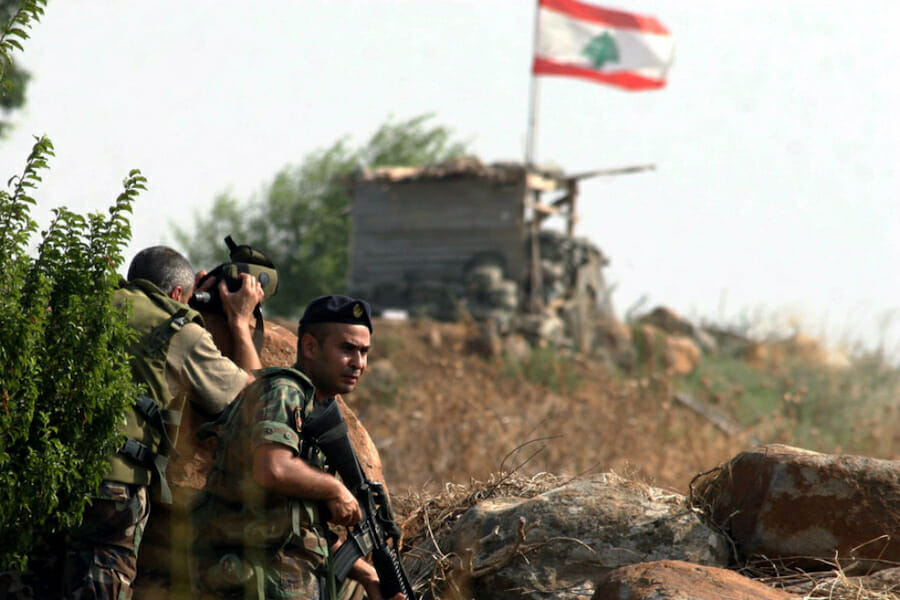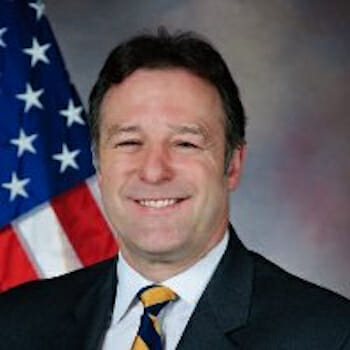
Saudi Arabia’s Rise Comes at a Cost
Saudi Arabian interest in the Middle East is primarily focused on Iran. Saudi leadership has stated that the Gulf Cooperation Council may acquire a nuclear deterrent should Iran acquire one. They are suggesting, however, a Weapons of Mass Destruction Free Zone (WMDFZ) as a way to pressure Iran and also Israel to give up nuclear weapons and rely on the umbrella security provided by the permanent members of the UN Security Council, despite their reservations over the Council’s treatment of the Palestinians. The U.S. deal with Iran will shape the Iranian nuclear narrative, but if things start to fall apart, Saudi Arabia may press forward quickly to acquire a GCC bomb.
Saudi Arabia’s announcement that it will provide Lebanon with $3 billion dollars in military aid to support the Lebanese Armed Forces should not be seen as a surprise, given that it is intended to counter Iranian influence in the region. What is more significant is how it serves to emphasize the current and developing fissure between the U.S. and Saudi Arabia, and the Saudi leadership’s willingness to adopt an independent approach to regional relations. Saudi Arabia has been vocal about its view of America’s inadequacy in dealing with Iran and Syria and is now implementing its own plan.
Lebanese President Suleiman undoubtedly surprised many defense experts with his decision to purchase French weapons, given that Lebanon has always shown a preference for U.S. weapon systems and only a few years ago turned down Iranian support. Also surprising was the speed with which French President Hollande announced that France would meet Lebanon’s needs.
The historical bond between Lebanon and France is obvious. Less obvious are the implications of France’s decision as it relates to its relationship with the U.S.
The United States has not been able to support the Lebanese Armed Forces (LAF) as much as it would have liked to due to Israeli sensitivities. Israel is worried that any U.S. military support provided to the LAF will end up in Hezbollah’s hands, a point regularly refuted by the LAF. In reality, Saudi Arabia does not care what Israel thinks, although it should, given their common interest in neutering Iran’s nuclear program. While Israel no longer has the luxury – it could be argued – of relying on strong U.S. leadership and influence in the region, by the same token, Saudi Arabia’s pivot away from the U.S. implies the absence of predictability in its own regional relations. Does the same hold true for Hezbollah? Will the Saudi action lead to a Sunni-Shia arms race?
Is Saudi Arabia fostering a more pronounced regional and global Sunni-Shia schism? Is it to be fought on the battlefield of Lebanon, a country of many finely balanced minorities who delicately share power? The LAF holds the country together and has weathered many recent challenges. Is the end game a Saudi funded Lebanese civil war designed to exterminate Hezbollah? Lebanon will have enough trouble holding together should Syria collapse, without the added threat and pressure of another Lebanese civil war. What is most concerning is that Saudi support for Lebanon means more weapons will be funneled into an already fractious country, and the region as Syria falls apart. If there was any doubt that the Saudi intervention may destabilize things further, that question has now been answered.
Moving forward we should expect some effort by the Saudis in the near term to support Iraq in pushing back Iranian influence and to assist Iraq in attaining stability. They may offer Lebanon money to buy arms likely with strings attached. For Yemen, we predict a less benevolent approach and sense that the Saudis will close the border to prevent Al-Qaeda’s penetration and in so doing condemn more Yemeni workers employed in Saudi Arabia to unemployment. We see an indefinite freeze to economic support and an escalation of Saudi military direct action across the border to strike the increasing Al-Qaeda threat and to suppress the Houthis.
Taken together, Washington should think through the implications and risks associated with how the region is taking shape and how the region will be impacted by Saudi intervention. Also, the United States should consider the perception it conveys by the lack of U.S. stewardship.

